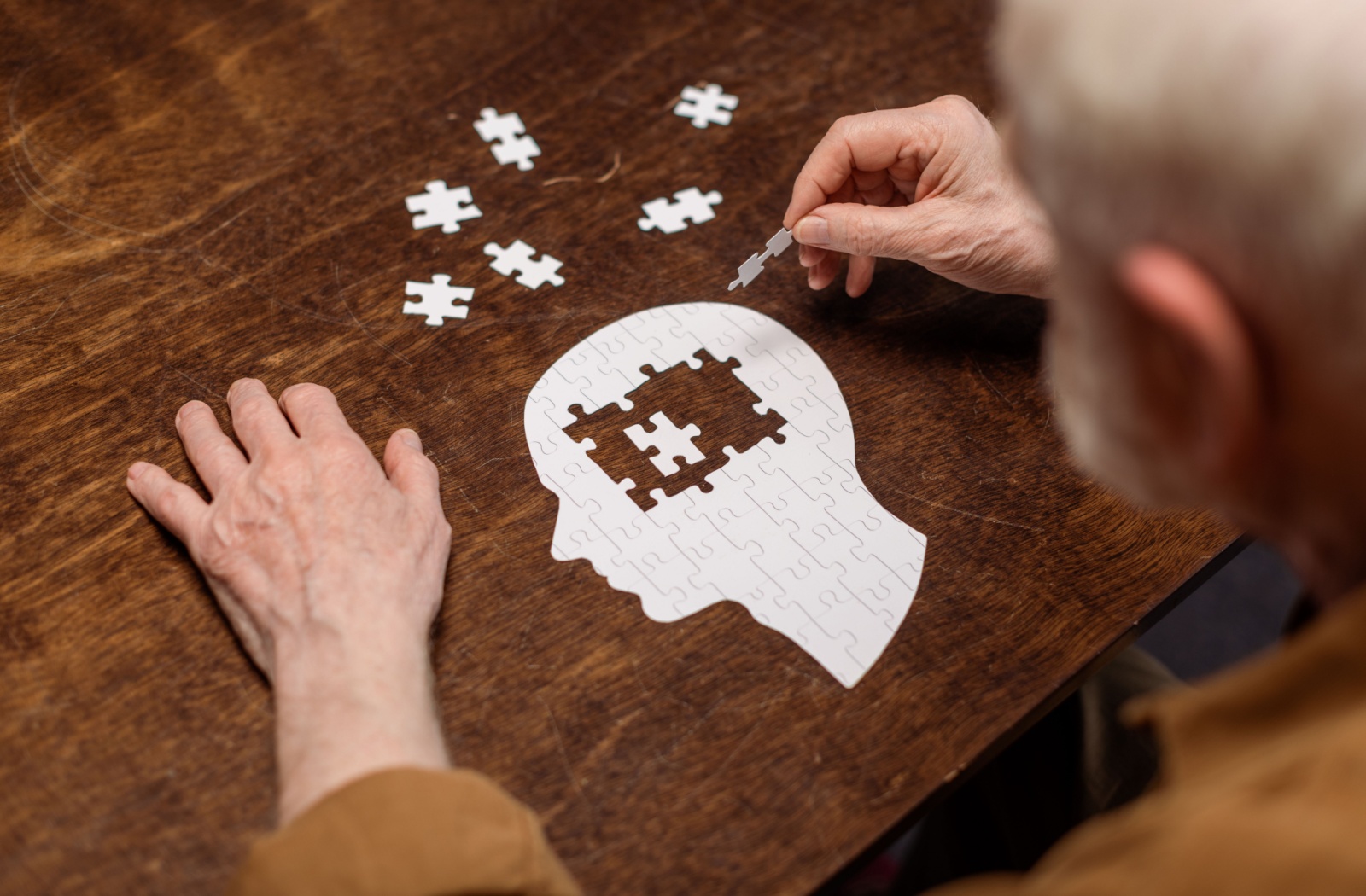Key Takeaways
- Working memory allows people to hold and use information during daily tasks.
- Signs of decline may include forgetfulness, repetition, or trouble following conversations.
- Daily habits like reading, writing, and memory games help strengthen working memory.
- Movement—such as walking or balance classes—can support cognitive health.
- Social interaction and group activities provide natural mental stimulation.
- Senior living communities offer structured support for memory and wellness.
Can You Improve Working Memory?
Your working memory acts like your brain’s temporary workspace. It helps you juggle information throughout the day and recall things quickly. Whether you’re following a recipe, remembering a phone number, or keeping track of a conversation, this cognitive skill plays a role in almost everything you do. However, sometimes age-related changes affect your working memory, and this can lead to unique new challenges.
If you’ve started noticing slips in focus or forgetfulness, it could be time to take a deeper look. Fortunately, you can help your loved one improve their working memory. It involves new daily habits, routines, and social environments that keep the mind active and engaged.
What Is Working Memory, and Why Does It Matter?
Working memory temporarily stores information while you use it to complete tasks. Think of it as your brain’s notepad that keeps track of details you need right now. This system helps you remember the beginning of a sentence while you’re listening to the end.
However, as people age, it’s natural for some aspects of memory to change. Small changes are normal, but a major decline in working memory can make everyday moments feel more frustrating or confusing.
Early Signs a Loved One’s Working Memory May Be Slipping
Not all memory loss is a cause for concern, but certain changes in behavior may point to working memory challenges. These signs tend to build slowly over time.
Losing Track Mid-Conversation
If your parent struggles to follow a conversation, they might interrupt to ask what was just said or seem confused about the topic. This can happen even in quiet settings. It’s often a sign they’re having trouble keeping verbal information in mind long enough to respond naturally.
Struggling With Familiar Tasks
Following steps in a recipe, finishing a multi-part chore, or sticking to a daily routine might become harder. They may skip steps or get stuck midway. Working memory helps the brain juggle tasks, so when it weakens, even simple activities can become more difficult.
Rereading or Repeating Actions
You might see your loved one reread the same line in a book or repeat a question they asked just moments earlier. These behaviors are often attempts to compensate for lapses in short-term mental tracking. It’s not about forgetting entirely—it’s about losing hold of what just happened.
Forgetting Instructions Quickly
If someone gives directions or shares a plan and your parent forgets them shortly after, their working memory may be overloaded. They might need you to break things down into smaller steps. This shift in processing can impact errands, appointments, or day-to-day decision-making.

Lifestyle Habits That Support Better Memory
Supporting working memory requires thoughtful habits that create mental stimulation and structure. These simple tools can fit into daily life with ease.
Daily Mental Activities
Encourage your parent to read short articles or book chapters, then talk about them. Even writing grocery lists by hand helps reinforce mental connections. Crossword puzzles, memory card games, and simple number exercises can all stretch the brain’s ability to retain and use information. The key is regular, light mental effort—not intensity.
Movement That Matters
Physical activity increases blood flow to the brain, which supports memory and overall cognitive function. Walking around the block, gentle stretching, or balance-focused classes like tai chi can all help. When movement involves coordination or following sequences, it doubles as a brain workout. Many communities offer fitness groups designed to make this kind of movement accessible and enjoyable.
Social Engagement
Conversation challenges working memory in a natural way. Habits like listening, remembering, and responding all at once can play an important role in keeping your working memory active. Group activities like book clubs, cooking classes, or art workshops provide meaningful interaction alongside mental stimulation. Even simple daily chats with neighbors, caregivers, or friends help keep the brain active.
How Senior Living Can Help Keep the Mind Engaged
A lifestyle-focused senior living community provides consistent opportunities to support working memory without requiring families to manage it all on their own. This can be extremely valuable, and it takes away plenty of stress from your family’s lives.
Structured programming makes cognitive wellness a daily priority. Classes, brain games, and activity calendars are built to engage residents at all levels, with variety and flexibility. That means your parent doesn’t have to figure out what to do each day, because the options come to them.
And when extra support is needed, a professional caregiving team can help identify changes and recommend next steps. Having experienced caregivers nearby brings peace of mind, especially if your parent’s memory changes over time.
A Supportive Community Can Help Your Loved One Stay Sharp
Improving working memory doesn’t require intense programs or complicated tools. With the right mix of structure, movement, connection, and gentle routines, your loved one can maintain mental clarity and confidence. And here at Aarondale, these are all part of our daily life.
In our community, we love helping residents every day. Here, community life is about engaging programs, warm community living, and a caring team. Schedule a tour with us today to see how our environment helps support strong minds and vibrant lives.













